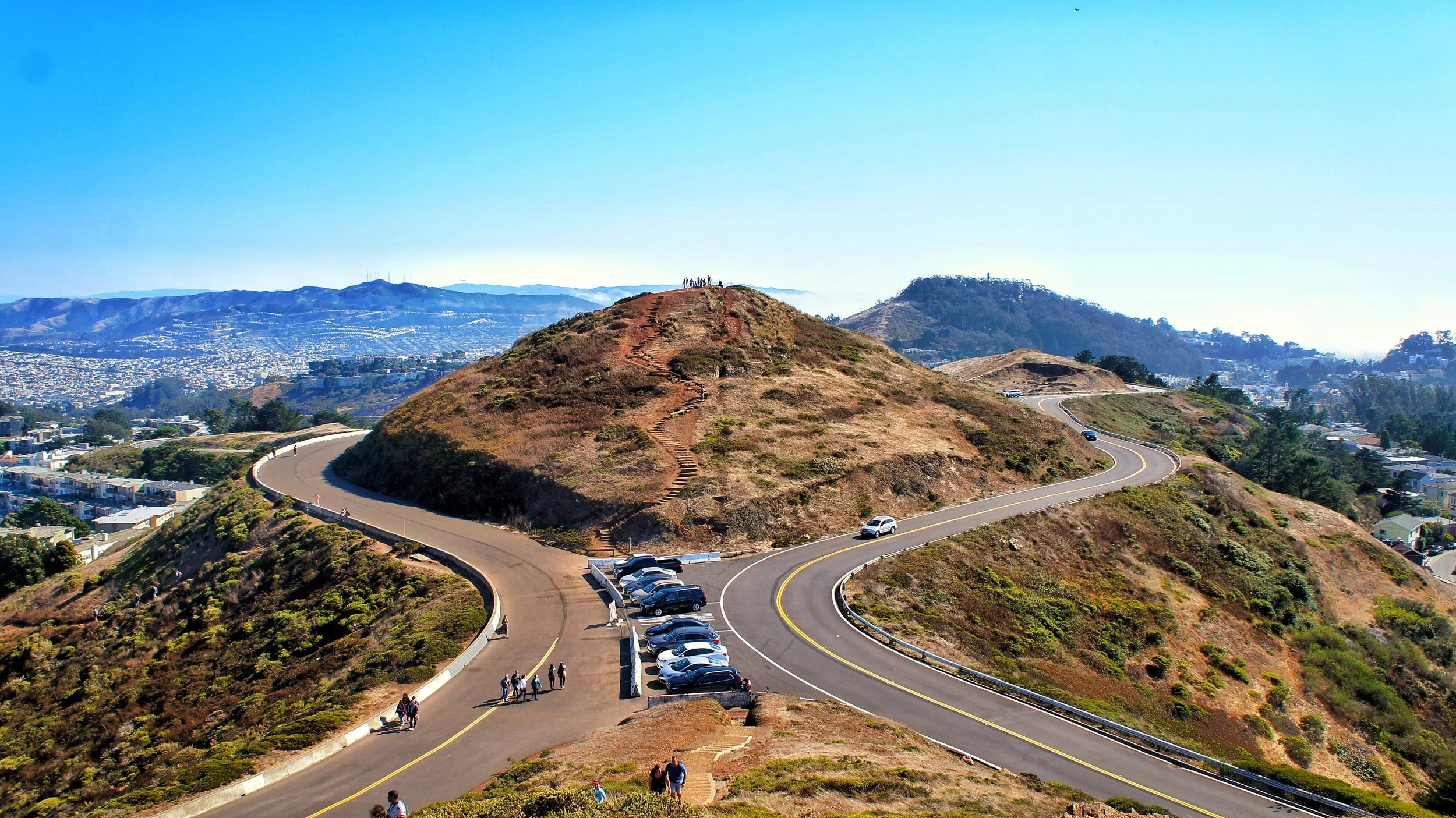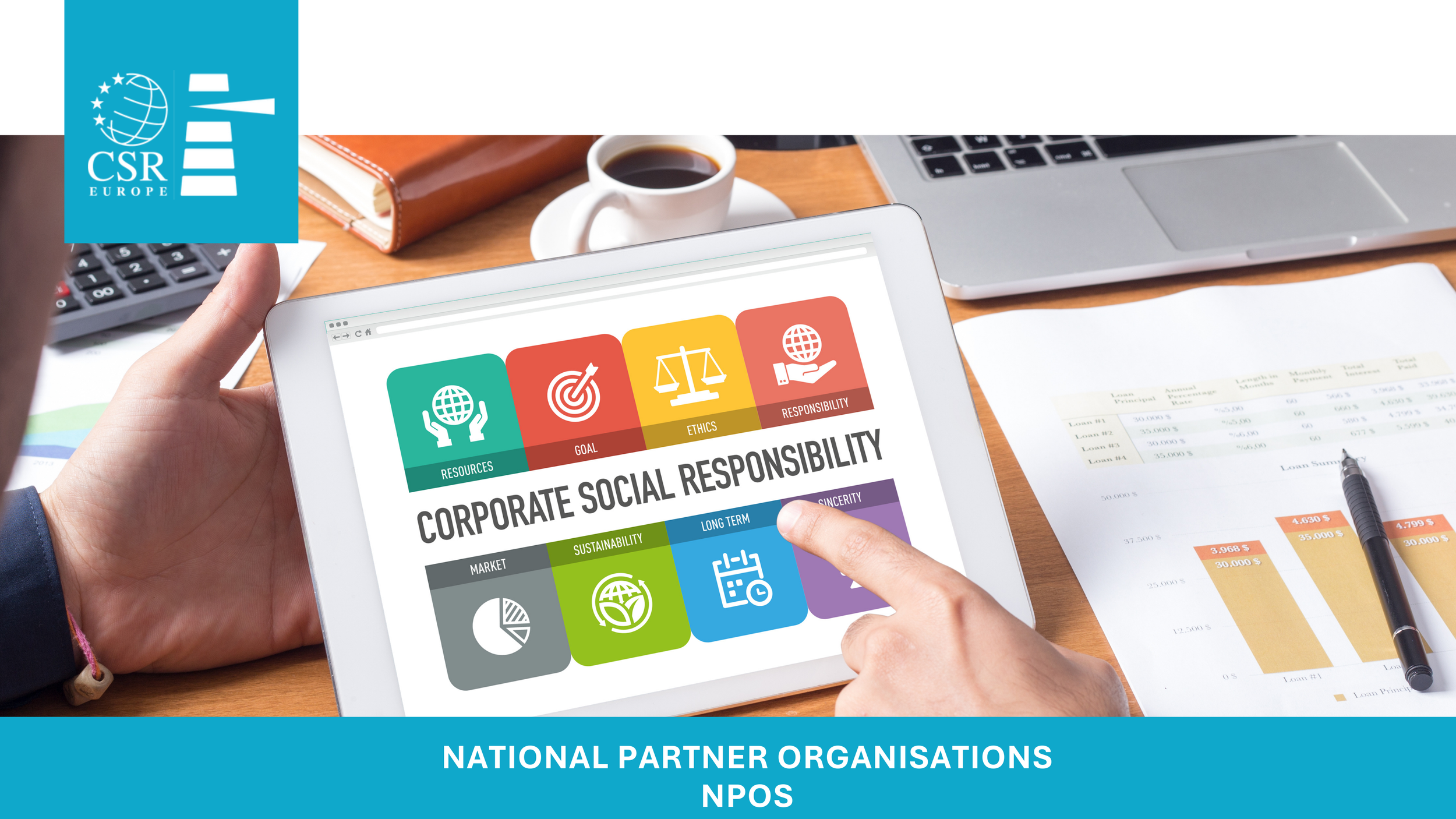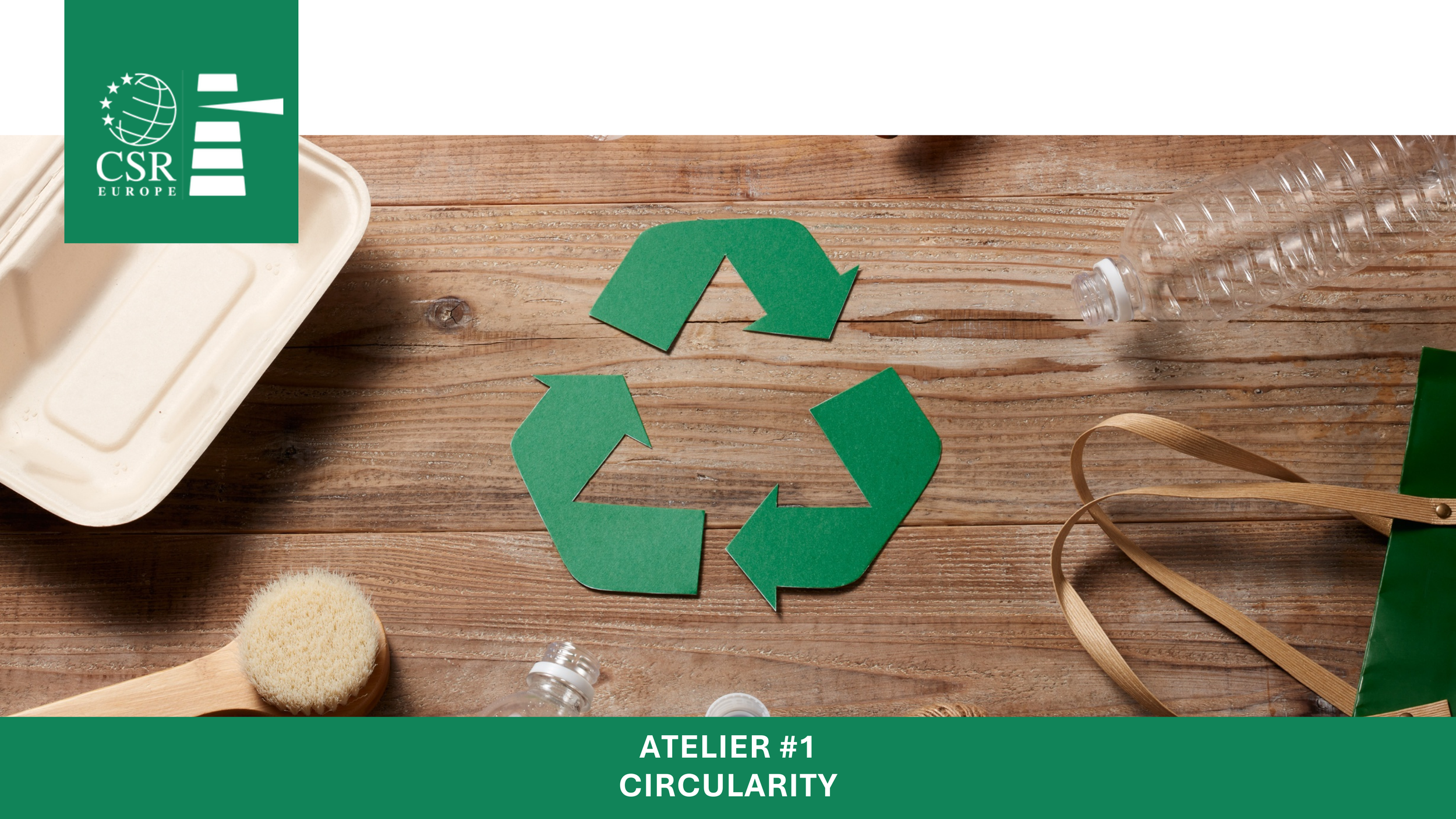European TRWP Platform Included as Good Example in the Tyre Industry’s Sustainability Roadmap
The Roadmap “Sustainability Driven” – published by the WBCSD’s Tire Industry Project (TIP) - outlines how stakeholders operating in the tyre value chain are addressing the Sustainable Development Goals (SDGs).
One leading example is the European TRWP Platform which aims to share scientific knowledge of the potential effects of particles generated during normal tire use and wear and co-design TRWP mitigation solutions. Re-watch session on TRWP hosted at the European SDG Summit.
The European Tyre and Road Wear Particles (TRWP) Platform, with its multi-stakeholder efforts to achieve science-based solutions to address TRWP, has been identified as leading best practice in the tyre industry’s roadmap “Sustainability Driven: Accelerating Impact with the Tire Sector SDG Roadmap”.
Launched in 2018 by the European Tyre & Rubber Manufacturers Association (ETRMA) and facilitated by CSR Europe, the European TRWP Platform is a cross-sectorial initiative bringing together industry sectors, public authorities and research institutes to share scientific knowledge and co-create mitigation actions to tackle the generation and transportation of tyre and road wear particles into the environment.
At the European SDG Summit 2021, CSR Europe brought together the initiators of the roadmap - the Tire Industry Project (TIP) – and the TRWP Platform - the European Tyre & Rubber Manufacturers Association (ETRMA) - for the European SDG Roundtable “Multi-stakeholder Actions to Address the Tyre Sector Sustainability Challenges”. The event, hosted on 11 October, gathered a broad range of experts to foster dialogue on the sustainability challenges faced by the tyre sector.
Anne-Cécile Rémont, Director of the Tire Industry Project, presented the roadmap on how the tyre sector is addressing the Sustainable Development Goals (SDGs) and highlighted the importance of adopting a holistic approach involving all relevant actors in the value chain to scale up and accelerate the industry’s contribution to tackling the world’s most pressing social, economic, and environmental challenges.
One leading example of existing multi-stakeholder collaborations is the European Tyre and Road-Wear Particles Platform (TRWP). Tyre and road wear particles (TRWP) are tiny debris which are formed during normal driving conditions from the friction between the tyre and the road necessary to ensure sufficient grip and safety. Because of their size and composition, these particles are commonly associated with microplastics.
The Head of Unit of the Directorate-General for Environment at the European Commission, Emmanuelle Maire, who is addressing this issue in the framework of the Circular Economy Action Plan and the European Green Deal, highlighted that an impact assessment on the unintentional release of microplastics is currently underway and the exchange with multistakeholder initiatives – such as the European TRWP Platform – are strongly encouraged.
TRWP mitigation requires the engagement of multiple stakeholders to consider relevant factors such as driving behaviour, road and vehicle characteristics, tyre design, transport infrastructure design and wastewater treatment plants. This topic was explored during the panel discussion, together with:
Fazilet Cinaralp, Secretary General of ETRMA, who underlined that only combining supportive science, mitigation actions and multi-stakeholder cooperation, would make it possible to address the sustainability challenges posed by the tyre and road wear particles.
Dr. Breixo Gómez-Meijide, Technical Director of the European Asphalt Pavement Association (EAPA), who highlighted how the road sector can be a very significant part of the TRWP mitigation through appropriate design criteria.
Mohit Tyagi, Technical Affairs Director of the European Automobile Manufacturers Association (ACEA), who underlined the importance of TRWP for the automotive sector and the difficulty to find a compromise among conflicting parameters (e.g., safety, noise, tyre abrasion) as well as different legislative requirements.
Daniel Venghaus from the Technical University of Berlin, who presented the URBANFILTER project - funded by the Audi Environmental Foundation - which uses innovative filter solutions in road gullies to efficiently capture TRWP.
Alberto Arroyo Schnell, Head of Policy & Programme at the International Union for Conservation of Nature (IUCN), who reminded that, by 2050, there will be more plastics than fish in world’s oceans and presented IUCN’s work on marine plastic litter and microplastics.
All panellists agreed to continue their engagement within the European TRWP Platform to foster closer multistakeholder cooperation, promote further scientific research and advance technological innovations to mitigate the presence of TRWP in the environment.
For more information:
Senior Project Manager, CSR Europe
UPCOMING EVENTS







